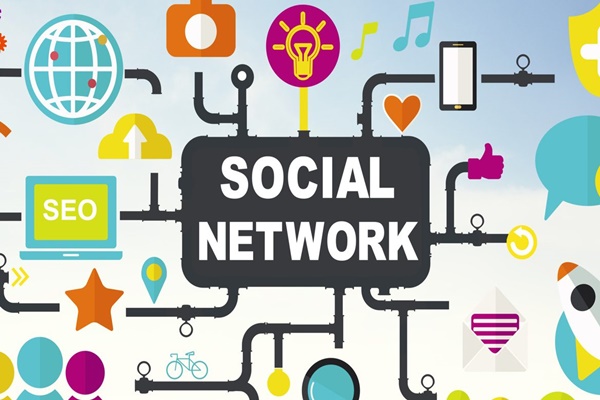Everyone has at least one. A Facebook account. A Twitter feed. Maybe a lingering MySpace page. Probably in conjunction with these you are running a LinkedIn page for connecting to work contacts; posting location information through 4Square; or have a personalized iGoogle homepage. Let’s face it social has become the hottest way to keep in contact with your friends, co-workers, lost acquaintances, even family. Social networking has allowed individuals to maintain vast social networks that span across the globe. Individuals, groups, and organizations are utilizing social network sites to reach out to their communities. They have become the preferred means to spread interest in specific topics and advertise upcoming local events. Staying connected with the people that influence our lives has never been easier. But with all the advantages these sites offer, it comes with a profound price: our privacy.
We hand over most of our personal information to these sites: where we work, our telephone numbers, home addresses, email addresses, personal history, and much more. All of this information is accessible by not only the system administrators for these companies but also the people we accept as our friends; not to mention whatever information left unprotected that can be accessed by individuals or law enforcement surfing social network sites. Through our posts we provide information on our spending habits, where we are, our personal thoughts on popular culture, where we shop most, even the events of our mundane lives. We upload photos, create blogs, post comments, and comment on other people posts. Through all of this, we are creating mass information databases that can teach enterprising parties a lot about the kind of people we are. As we increasingly put more of our private lives into these vast social information databases growing concern is mounting about the amount of privacy a person has online and the possible profits that can be generated from data collected about you and your friends through social media posts.
Revenue is being invested and generated from information gleaned on social network sites. Companies like Gnip are making money as social media aggregators by designing tools that search user posts for information on specific products and events. This information they collect is then being sold to other organizations to use however they wish. Information can be collected on our political views, our distaste for one store over another, what products we bought, what products we are using, how we are using products, our taste in food, the music we like, the places where we live, etc. Companies can learn a lot about the people who are making posts about them (i.e. who that person is, where they live, where they work, who their friends are, a person’s age, even what that person looks like). Imagine if a government like China wanted to start aggregating some of this information.
The point is that the information people are posting in private to be shared with friends and acquaintances they have made on the internet is not in fact private. Even though the average Facebook surfer cannot access a private account without friending that person does not mean a company cannot obtain information about what you are posting when doing a mass search of “News Feed” comments. Now not all information a company collects from an individual’s posts seems malicious. So what if an internet service provider (ISP) does a search on twitter to see when people are doing most of their online gaming? When coupled with the rising issue of net neutrality said ISP could be doing this so they can charge more for internet use at these peak gaming times or determine which areas of the world are doing the most online gaming and then raise internet service rates in these areas. This does not include all of the other information companies can gather to use in expanding their profit margins.
